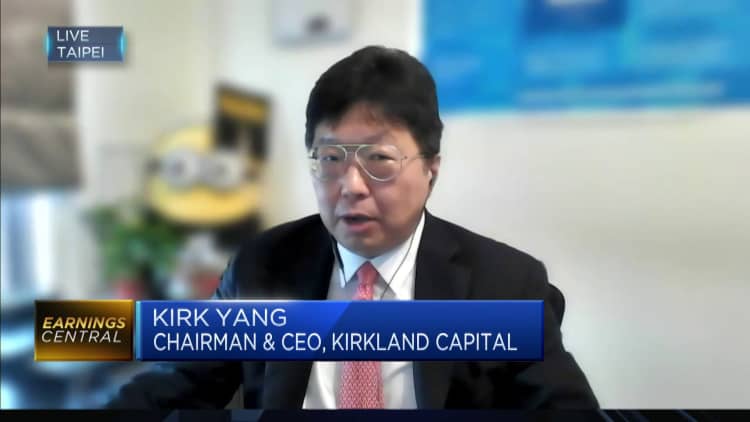Shares in the Asia-Pacific jumped on Friday, taking the lead from Wall Street overnight as investors shook off a strong inflation report.
The Nikkei 225 in Japan was 3.25% higher at 27,090.76, while the Topix gained 2.35% to 1,898.19. Japan's yen plunged to its lowest levels against the U.S. dollar since 1990 overnight before paring losses, and is still trading at 147-levels.
The Hang Seng index in Hong Kong was 1.93% higher in the final hour of trade after climbing 3.9% earlier in the session, and the Hang Seng Tech index was up 2.16%. In mainland China, the Shanghai Composite was up 1.84% at 3,071.99 and the Shenzhen Component rose 2.81% to 11,121.72.
In Australia, the S&P/ASX 200 gained 1.75% to 6,758.80. South Korea's Kospi advanced 2.3% to 2,212.55 and the Kosdaq climbed 4.09% to 678.24. MSCI's broadest index of Asia-Pacific shares outside Japan was 2.15% higher.
Singapore's GDP grew 4.4% in the third quarter and is expected to further tighten its monetary policy.
In the U.S., inflation data showed consumer prices increased more than expected in September, with CPI rising 0.4% from August, and 8.2% from September last year. Core inflation accelerated even faster in September.
Stocks had a volatile session but ultimately rebounded to close higher, with each major index gaining more than 2%. The Dow Jones Industrial Average soared 1,500 points from its lows to the highest level on Thursday in the U.S.
"Equity investors seemingly decided that a stronger U.S. inflation [report] today still doesn't negate expectations of a sharp declines in prices ahead," Rodrigo Catril, currency strategist at National Australia Bank, wrote in a note Friday. He added that the rally could have been a result of short-covering.
— CNBC's Jeff Cox, Carmen Reinicke and Alex Harring contributed to this report.


